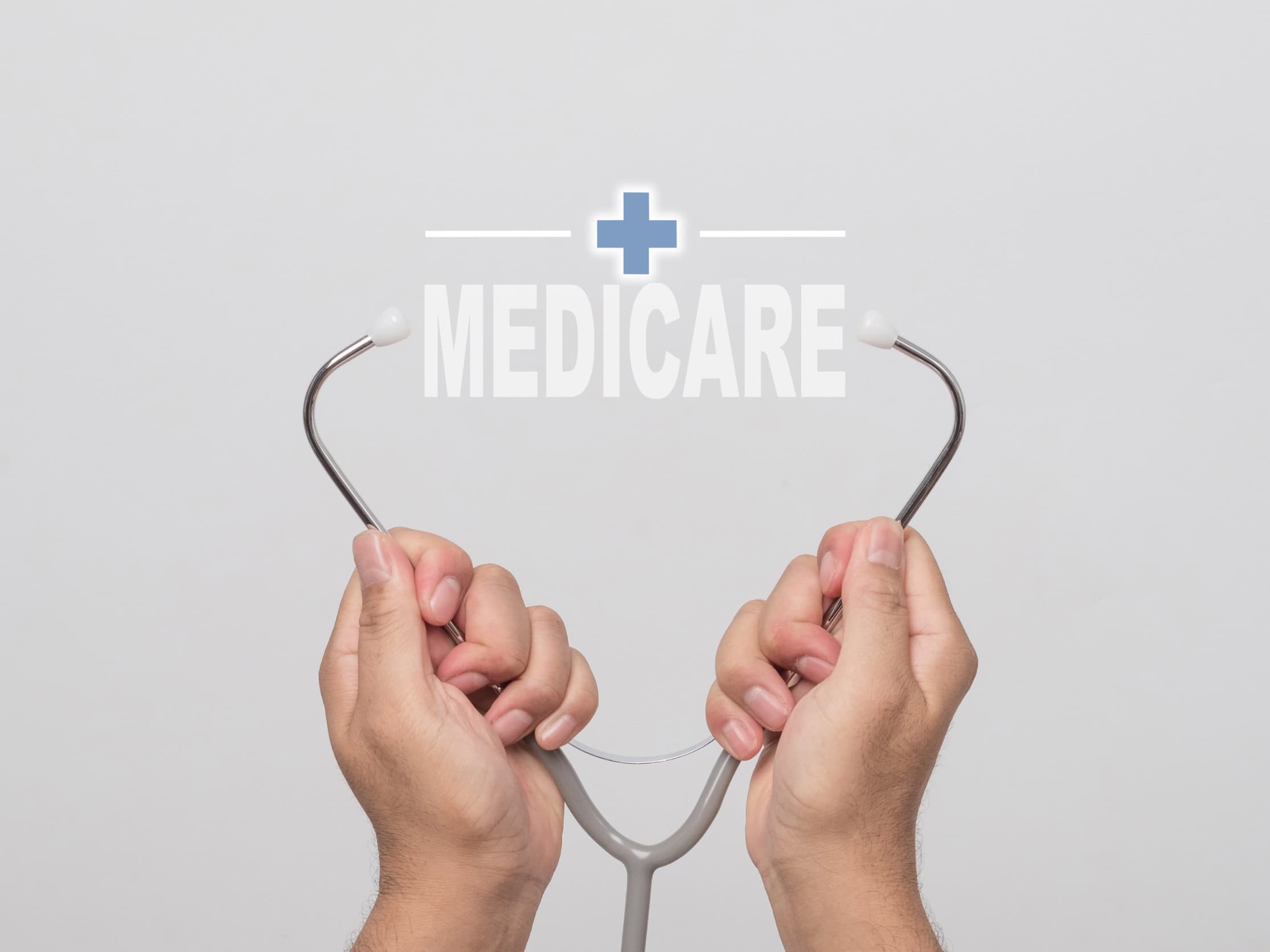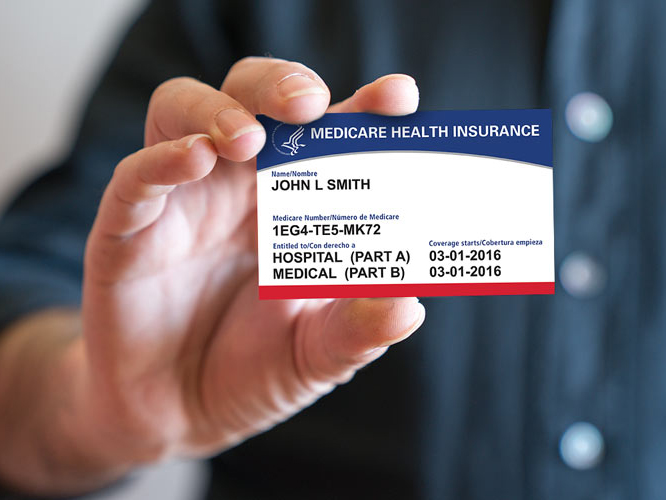Retirement is a significant milestone, bringing a mix of excitement and challenges. One of the most crucial aspects retirees must navigate is healthcare. Understanding The Impact of Medicare on Retiree Healthcare is essential for managing both health and finances during retirement. In this blog post, we’ll explore how Medicare shapes retiree healthcare, the benefits and challenges it presents, and tips for maximizing your coverage.
What is Medicare?
Before diving into The Impact of Medicare on Retiree Healthcare, let’s briefly cover what Medicare is. Medicare is a federal health insurance program primarily for people aged 65 and older, although it also covers some younger individuals with disabilities or specific conditions. The program consists of several parts:
- Part A: Hospital insurance.
- Part B: Medical insurance.
- Part C: Medicare Advantage plans, an alternative to Original Medicare.
- Part D: Prescription drug coverage. Understanding these parts is the first step in grasping how Medicare affects your healthcare in retirement.
Financial Impact of Medicare on Retirees
One significant aspect of The Impact of Medicare on Retiree Healthcare is the financial implications. Medicare provides essential health coverage, but it’s not entirely free. Most retirees will pay premiums for Part B and potentially for Part D, along with out-of-pocket costs such as deductibles, co-payments, and coinsurance.
Planning for these costs is crucial. Many retirees assume that Medicare will cover all their healthcare expenses, only to be surprised by out-of-pocket costs. To mitigate these expenses, consider additional coverage options like Medigap policies or Medicare Advantage plans, which can offer more comprehensive coverage.
Access to Healthcare Services
Another critical component of The Impact of Medicare on Retiree Healthcare is access to healthcare services. Medicare significantly expands retirees’ access to medical care. With Medicare, retirees can visit a wide range of doctors and hospitals, ensuring they receive necessary medical attention.
However, it’s important to understand the network restrictions associated with different types of Medicare plans. For example, Medicare Advantage plans often have network restrictions, so ensure your preferred doctors and hospitals are covered under your chosen plan. This understanding will help you avoid unexpected costs and ensure continuity of care.
Prescription Drug Coverage
Prescription drug coverage is a vital part of The Impact of Medicare on Retiree Healthcare. Many retirees rely on medications to manage chronic conditions and maintain their health. Medicare Part D provides prescription drug coverage, but choosing the right plan requires careful consideration.
Medicare Part D plans vary in terms of covered medications, premiums, and out-of-pocket costs. Reviewing and comparing these plans annually is essential to ensure you have the best coverage for your needs. Additionally, take advantage of the Medicare Plan Finder tool to compare plans and make informed decisions.
Preventive Care and Wellness
Medicare’s focus on preventive care is another positive aspect of The Impact of Medicare on Retiree Healthcare. Medicare Part B covers a range of preventive services, including screenings, vaccinations, and annual wellness visits at no additional cost. These services help detect health issues early, preventing more severe conditions and potentially reducing healthcare costs.
Regular use of preventive services can lead to better health outcomes and improved quality of life in retirement. Staying proactive about your health by taking advantage of these services is a key strategy for maintaining wellness as you age.
Challenges and Limitations
While Medicare provides substantial benefits, it also has limitations that retirees must navigate. Understanding these limitations is crucial for managing The Impact of Medicare on Retiree Healthcare effectively.
For example, Medicare does not cover long-term care, dental, vision, or hearing services. Retirees needing these services must seek additional insurance or pay out-of-pocket. Planning for these expenses is essential to avoid financial strain. Moreover, the complexity of Medicare can be overwhelming, with numerous plan options and enrollment periods. Seeking guidance from a Medicare counselor or using resources like the State Health Insurance Assistance Program (SHIP) can help you make informed decisions.
Maximizing Your Medicare Benefits
To make the most of The Impact of Medicare on Retiree Healthcare, take proactive steps to maximize your benefits. Here are some tips:
- Review Your Coverage Annually: Your health needs and available plans may change, so review your coverage every year during the Medicare Open Enrollment Period.
- Utilize Preventive Services: Take full advantage of covered preventive services to maintain your health and catch potential issues early.
- Compare Part D Plans: Use the Medicare Plan Finder tool to compare Part D plans and ensure you have the best prescription drug coverage for your needs.
- Consider Supplemental Insurance: Look into Medigap or Medicare Advantage plans for additional coverage that meets your healthcare needs.
- Seek Expert Advice: Don’t hesitate to consult with a Medicare counselor or SHIP representative to navigate your options and make the best choices.
Conclusion
In conclusion, The Impact of Medicare on Retiree Healthcare is profound, influencing both financial planning and access to medical services. Understanding Medicare’s structure, costs, and benefits is crucial for making informed decisions about your healthcare in retirement. By staying proactive and seeking the right guidance, you can maximize your Medicare benefits and enjoy a healthier, more secure retirement.















